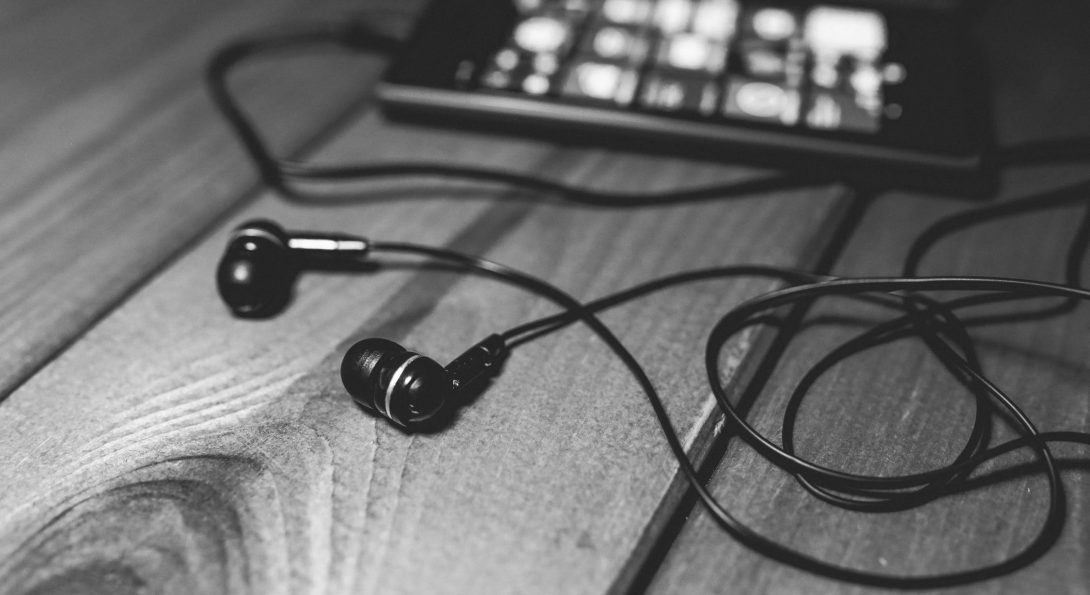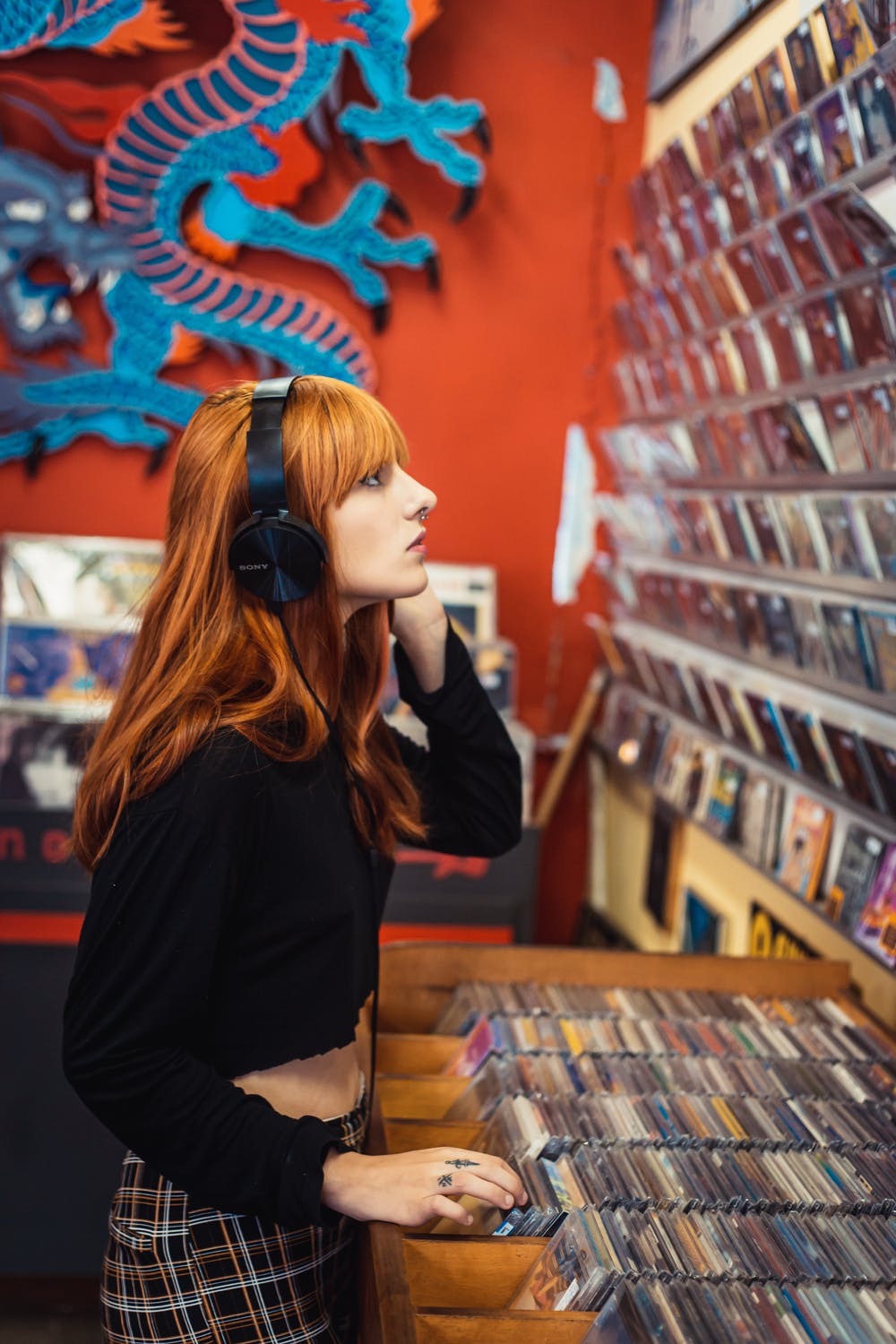Streaming Music Online, Does It Really Benefit Your Favorite Artists?

Spotify. Apple Music. YouTube. When you hear those names, what comes to mind? Perhaps some of your favorite songs, artists, podcasts, etc.?
CDs. Cassette Tapes. 8-tracks. Vinyl Records. Now, what crosses your mind? Perhaps the terms old-school, oldies, classical music or the thought that they are all outdated ways of listening to music?
Is streaming benefitting the artist? Heading link

Whether you have a gazillion playlists on Spotify or you still have a CD case in your glove compartment, anyone who is a music lover has their preferred way of listening to music. There’s no doubt that streaming services have made it easier for people to consume music. However, what impact does that have on the artist? Or the recording business? According to CNBC, Spotify pays between .0006 to .0084 of a cent, per stream, to the person who owns the rights to the music. If someone were to release a song on Spotify and have 5 million streams, they would make approximately $42,000 from the number of streams. Or if that artist only gets 5,000 streams, then they would earn a whopping $42.
Before subscription-style streaming music services became popular, people were still purchasing songs off of platforms like Real One and iTunes. Artists make about .60 – .70 cents per song sold online. Let’s pretend someone released a hit song and sold 5 million copies of the song on iTunes. That would equal about 3 million dollars. 3 million dollars vs. $42,000……what gives? And let’s not begin the conversation about YouTube. While I know that YouTube has a service called “YouTube Music,” think about all of the music that is already posted on YouTube. There’s a lot of music that’s been posted without the artists’ permission and, guess what, that artist is making $0 from music that you can access for free.
I am not even factoring in the costs of a traditional compact disc (CD- and there are plenty of people who still listen to CDs).
Artists could make a lot of money on music sales but with streaming services like Spotify and Apple Music, artist revenue has decreased significantly. Sure you might be thinking, well people like Beyoncé or Justin Bieber aren’t short on cash, but what about your local indie artist? Moreover, is it really about the cash an artist has on hand or is it about the principle of the matter? The nice thing about the internet is that it has greatly increased accessibility to all kinds of music. For those obscure indie artists, it has made it much easier for them to build a solid fan-base. Furthermore, their fans can share that music with their friends and so forth. While popularity can help, we are starting to learn that being viral doesn’t necessarily translate into dollar bills.
Music artists are now having to rely more on gig revenue, selling merchandise, and royalties (from airplay, commercials, etc) to make a sustainable income. For indie record labels that still produce CDs, they pray for high turnouts at live shows as the crowd goers usually make up the majority of their CD sales. Merchandise sales are somewhat sustainable, but touring is not sustainable. If an artist is no longer able to perform, that can result in a significant decline in their income.
It will be interesting to see the long-term effects these streaming services will have on the music industry. Will we begin to see more indie record labels fold? Will Spotify or Apple go into the recording business? As we continue to evolve and begin consuming goods, services, and art on a subscription-based model, what else will we see change in the future?